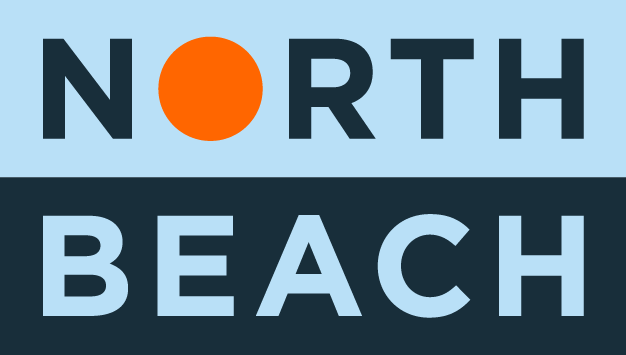Thinking Local
We love competitively advantaged service businesses that are enduringly profitable.
Some people call them "moats" (ala Warren Buffett). Around here, we simply call them awesome!
Our love for these awesome businesses started way back when we started reading biographies of the classic (aka Robber Baron) business owners and investors - namely Vanderbilt, Rockefeller, Carnegie, Morgan, and Mellon - and how they focused their capital on competitively advantaged businesses. This led to digging into the great contemporary thinkers on the subject including:
Michael Porter's Competitive Strategy and his Five Forces
Jim Collins' Good to Great: Why Some Companies Make the Leap and Others Don't
Michael Treacy & Fred Wiersema's The Discipline of Market Leaders: Choose Your Customers, Narrow Your Focus, Dominate Your Market
Pat Dorsey and Morningstar's work on the topic including The Five Rules for Successful Stock Investing: Morningstar's Guide to Building Wealth and Winning in the Market and Why Moats Matter: The Morningstar Approach to Stock Investing.
Maybe our favorite book on the topic is value investing legend Bruce Greenwald's Competition Demystified: A Radically Simplified Approach to Business Strategy (co-written with Judd Kahn). We love its simplicity and focus on a framework to figure out if a business is competitively advantaged or not. The signal-to-noise ratio in this book is super high.
One of our key takeaways from Greenwald's book is his "think local" insight in combination with service-related companies:
Competitive advantages that lead to market dominance, either by a single company or a small number of essentially equivalent firms, are much more likely to be found when the arena is local - bounded either geographically or in product space - than when it is large and scattered. That's because the sources of competitive advantage tend to be local and specific, not general and diffuse.
Paradoxically, in an increasingly global world, the key strategic imperative in market selection is to think locally. Dominance at the local level may be easier to accomplish than might be expected. If the global economy follows the path of the more developed national economies, service industries will become increasingly important, and the distinguishing feature of most services is that they're consumed locally. The chances of becoming the next Wal-Mart or Microsoft are infinitesimal, but the focused company that understands its markets and particular strengths can flourish.
Our investment process focuses on public and private essential service companies because we agree with Greenwald. We think they can win in the future given the world we are investing in. We work hard on narrowing the universe of publicly traded companies (close to 4,000) down to a focused list of essential service companies that have been consistently profitable in the past and may be competitively advantaged for the future (≈ 400 companies). On the private company side, we also think local by focusing on service companies that serve the Northeast Ohio geographic area and have a competitive advantage and a niche focus. The niche needs to have high switching costs (i.e. customer captivity), a low cost relative to the fixed costs associated with the customer’s business, and lack big, overly funded competitors.
In a recent interview, Greenwald took this concept a step further by mentioning that service businesses are continuous-interaction businesses, much more so than manufacturing. What he is saying here is that you have higher switching costs/increased customer captivity. He believes the "moats" are much wider in these businesses and more profitable but use less invested capital. That leads to higher returns on a company's invested capital.
Whether it's public or private, we can distill Greenwald's comments down to the following:
Essential Services = Local Businesses = Smaller Markets = More Competitive Advantage
In our quest for awesome businesses we start by thinking local.
